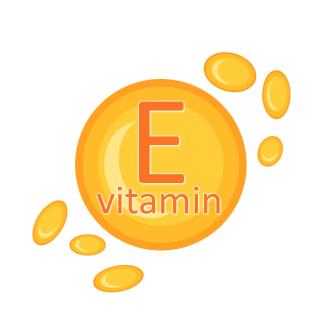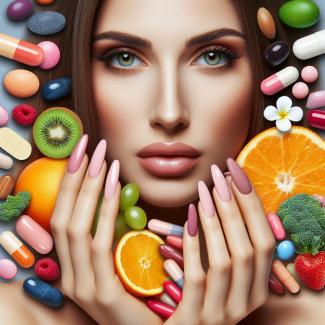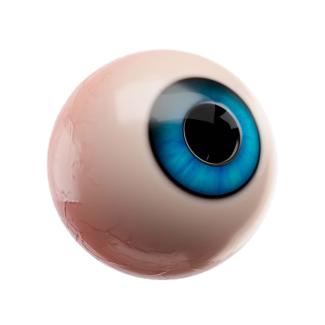
A deficiency in folic acid, also known as folate or vitamin B9, can potentially contribute to or exacerbate symptoms of depression. Folate is an essential nutrient that plays a crucial role in various biological processes, including the synthesis of neurotransmitters in the brain, such as serotonin and dopamine. These neurotransmitters are involved in regulating mood and emotions, and imbalances can contribute to depressive symptoms.
Here are a few ways in which a lack of folic acid can impact depression:
- Neurotransmitter Production: Folate is required for the production and regulation of neurotransmitters like serotonin, which is often associated with feelings of well-being and happiness. A deficiency in folate can lead to decreased serotonin levels, potentially contributing to depressive symptoms.
- Homocysteine Levels: Folate helps to break down homocysteine, an amino acid that, when elevated, has been linked to an increased risk of depression. Inadequate folate levels can result in higher homocysteine levels, which may adversely affect mood.
- Methylation Processes: Folate is essential for DNA methylation, a process involved in gene regulation. Changes in gene expression due to folate deficiency may affect various biological pathways related to depression and mental health.
It's important to note that while folate deficiency can be a factor in depression, it is often one of many contributing factors. Depression is a complex condition with a wide range of potential causes, including genetic, environmental, and psychological factors. Additionally, not everyone with depression will have a folate deficiency, and addressing this deficiency may not be a sole or sufficient treatment for depression.
If you suspect that a folate deficiency may be contributing to your or someone else's depression, it is essential to consult with a healthcare professional. They can evaluate folate levels through blood tests and recommend appropriate dietary changes or supplements if needed. Treatment for depression typically involves a holistic approach that may include psychotherapy, medication, lifestyle changes, and dietary adjustments as needed.






